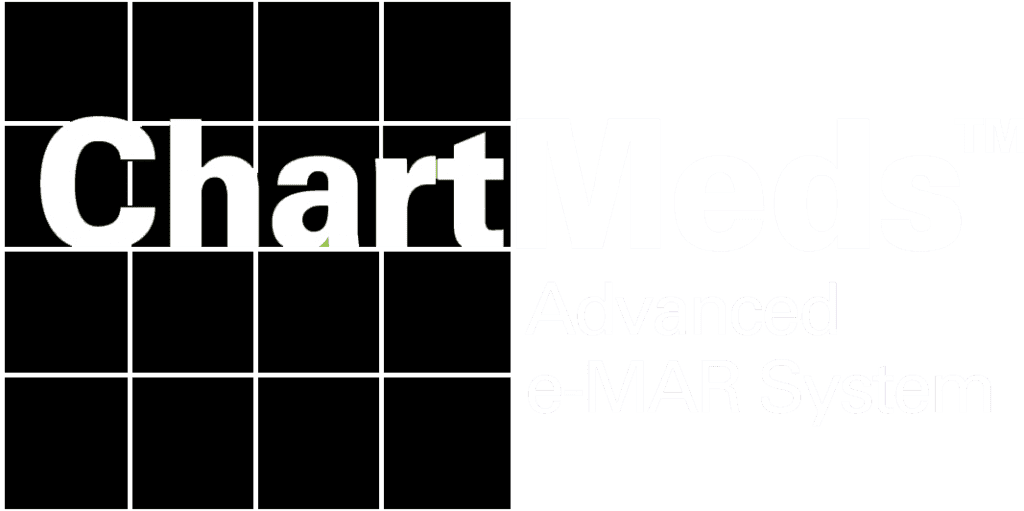For public health organizations, reimbursement issues are time-consuming and costly. Because regulations and best practices are always evolving, it’s difficult to develop reimbursement practices that can be trusted on a long-term basis. Rather, the challenges are varied and fluid, and so must be the solutions.
For public healthcare teams that struggle with reimbursement issues, some of the most meaningful gains can be made by expanding the use of medical software. Embracing electronic health record (EHR) software and other modern tools leads to improved documentation, record-keeping, and payment processing. These advantages equip healthcare teams to more swiftly overcome reimbursement challenges.
Let’s review the stickiest reimbursement challenges faced by public health teams and discuss modern solutions for these persistent problems.
Common Reimbursement Challenges in Public Health
The most common and difficult reimbursement challenges for public health organizations include:
- Delays in claim processing
- Denials due to eligibility issues
- Inadequate encounter documentation management
- Complications in payment processing
- Inefficient reporting and analytics
Now, let’s consider some strategies that leverage medical software tools to address each of these reimbursement issues.
Strategies to Overcome Public Health Reimbursement Challenges
1. Improving Claims Management Efficiency
The claim submission process is fragile—any error or delay can easily derail the hopes for an effective reimbursement. Errors like coding mistakes and incomplete data entry lead to delays.
Delays place strain on cash flow, which can affect financial decision-making. It’s a vicious cycle.
Improving claims management efficiency involves streamlining the process of submitting and following up on claims. This requires the use of software tools that automate as many steps as possible, simplify data entry tasks, and make it easy to record, access, and share data and reports.
2: Enhanced Eligibility Verification
Denials due to eligibility issues are costly.
Denial management includes dealing with existing denials. However, the core of denial management is prevention. Denial prevention involves tracking denial rates and denial causes and creating measures to avoid the errors and oversights that lead to denials.
Using tools like Integrative’s SMART Health Claims system, providers can develop more reliable procedures for validating insurance, verifying eligibility, and following up on denials.
3: Effective Encounter Documentation
A healthcare encounter occurs when a provider and a patient have a face-to-face interaction for the purpose of providing a service, such as an assessment or an examination. However, for reimbursement purposes, an encounter has only truly occurred if it’s been properly documented.
To prevent reimbursement losses and complications, patient encounter documentation procedures must be airtight. Tools like Integrative’s Visual HealthNet (VHN) help providers improve documentation by enabling faster data entry and streamlined patient records access.
4: Streamlining Payment Processing
Complications in healthcare payment processing include:
- Dealing with a variety of payment methods
- Managing delayed and staggered payments
- Preventing and fixing payment errors
- Safeguarding data security for digital payments
Modern revenue cycle management software helps providers address all of these issues. To excel in this critical area, providers should prioritize the use of the best possible software for fast, effective, well-documented payment processing.
5: Leveraging Advanced Reporting Tools
Modern medical software does more than store patient records and process payments. Software also equips healthcare leaders to leverage analytics for improvements in every area of operations.
Data analysis is most associated with financial planning and treatment planning, but analytics are helpful for improving decision making in any area that allows for data tracking. To improve reimbursement processes, public health teams leverage automated data collection to create reports, identify recurring reimbursement issues, and improve decision-making.
Integrating Technology for Better Reimbursement Outcomes
Embracing the best that modern healthcare software has to offer leads to better reimbursement outcomes. New technologies streamline reimbursement processes, reduce human error and aid in both patient-level and population-level analysis.
Public health teams need reimbursement strategies that are user-friendly, HIPAA-compliant, and helpful for addressing the five issues described above. Fortunately, unified software systems such as Integrative’s SMART Health Claims check all these boxes.
Get a Better Handle on Reimbursement at Your Public Health Organization
Reimbursement issues in healthcare are complex and frustrating. However, every public health team faces these challenges. For forward-thinking teams, reimbursement is an area for embracing new technologies and funding additional initiatives.
At Integrative, we provide public health teams with software solutions that improve patient care and enhance operational efficiency. Contact our team today to request a product demonstration.









